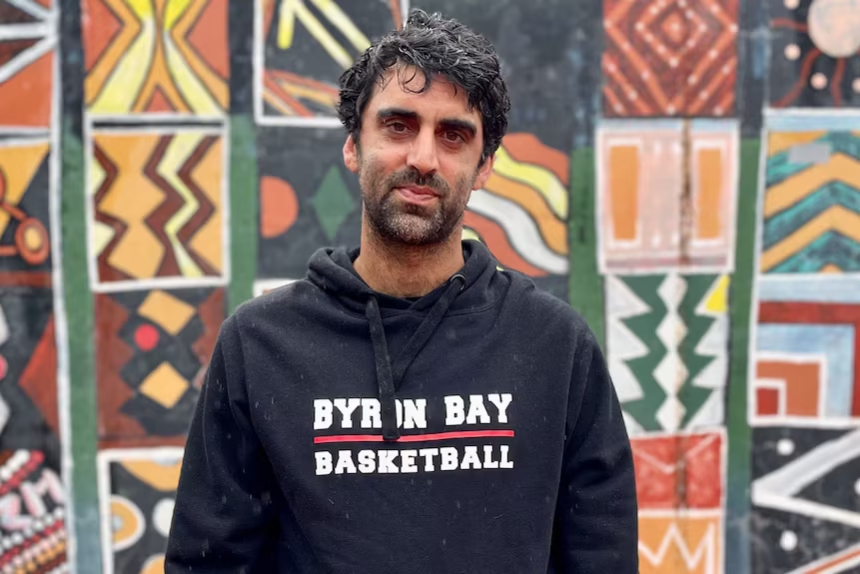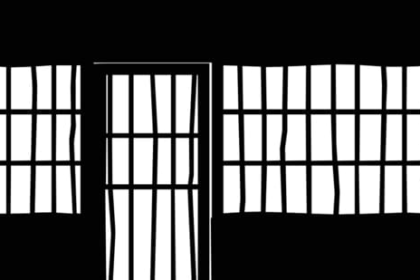Australian Activists Allege Mistreatment in Israeli Custody Following Gaza Flotilla Interception
Australian activists detained while attempting to breach Israel’s naval blockade of Gaza have reported severe mistreatment by Israeli authorities, including physical abuse and psychological humiliation. These allegations come to light as part of a broader humanitarian effort that has drawn international attention and condemnation.
Background on the Flotilla
The Global Sumud Flotilla, a coalition of activists aiming to deliver humanitarian aid to Gaza, was intercepted by the Israeli navy off the coast last week. Among the detained were seven Australians, including prominent climate activist Greta Thunberg. The flotilla’s mission was to highlight the humanitarian crisis in Gaza, exacerbated by the ongoing blockade, which has been in place since 2007. This blockade has led to significant shortages of essential goods, including food, medicine, and clean water.
Allegations of Abuse
Reports obtained by the Australian Broadcasting Corporation (ABC) detail harrowing accounts from the detainees, who were held in the high-security Ketziot prison near the Israel-Egypt border. According to redacted summaries from Australian diplomatic staff, detainees reported being subjected to physical violence, including slapping and kicking, as well as psychological torment through sleep deprivation techniques.
One detainee, identified as Surya McEwen, described being treated roughly after his vessel was intercepted. He alleged that he was slapped, had his arm dislocated, and was placed in a large cage with other detainees while being verbally abused by Israeli officials, including National Security Minister Itamar Ben-Gvir. McEwen also claimed that his passport was destroyed by Israeli soldiers, who tore pages from it, citing concerns over its microchip.
Another detainee, Juliet Lamont, reported being sprayed with a water cannon and left in an unventilated area with her hands tied for several hours. She expressed grave concerns about her health, particularly due to an underlying blood pressure condition, and claimed that her medication had been confiscated.
Conditions in Custody
The conditions described by the detainees have been characterized as “dystopian.” Reports indicate that some detainees were forced to endure unsanitary conditions, with one individual claiming that the water in his cell was rancid and that there was a lack of basic hygiene supplies, such as toilet paper.
The psychological impact of their treatment was also evident. One detainee reported being forced to undress and perform humiliating acts in front of prison guards, while others described being subjected to loud noises and bright lights during the night as a form of torture.
Israeli Government’s Response
In response to these allegations, the Israeli Foreign Ministry has categorically denied any mistreatment of the detainees. Officials stated that all detainees were provided with food, water, and medical care, asserting that their legal rights were upheld. The ministry labeled the claims of mistreatment as “complete lies,” emphasizing that detainees had access to bathroom facilities and were treated humanely.
Family Concerns and Government Action
Families of the detained Australians have expressed deep concern for their loved ones’ well-being. Anandan McEwen, brother of Surya, described his sibling as an “everyday Australian” who is not an extremist. He, along with other family members, has called on the Australian government to take immediate action to secure the release of the detainees.
Defence Minister Richard Marles acknowledged the situation, stating that the government is in contact with Israeli authorities and providing consular support. He emphasized that Australians should not attempt to breach the blockade, highlighting the risks involved.
Legal and Human Rights Implications
The allegations of mistreatment have raised significant human rights concerns. Jen Robinson, the lawyer representing the detained Australians, described the treatment as “human rights violations” and called for their immediate release. The situation has drawn parallels to previous incidents involving activists and humanitarian workers in the region, where allegations of mistreatment have often surfaced.
Broader Context
The interception of the Global Sumud Flotilla is not an isolated incident but part of a long history of tensions surrounding Gaza. The Israeli blockade has been a contentious issue, with various international organizations and governments calling for its lifting to alleviate the humanitarian crisis. The flotilla’s mission aimed to draw attention to these ongoing issues, but the violent response from Israeli authorities has sparked outrage and calls for accountability.
Conclusion
The allegations of mistreatment faced by Australian activists in Israeli custody highlight the complex and often fraught nature of humanitarian efforts in conflict zones. As the situation unfolds, the international community watches closely, with calls for transparency and accountability growing louder. The families of the detainees continue to advocate for their release, while the Australian government navigates the delicate diplomatic landscape surrounding this contentious issue.











